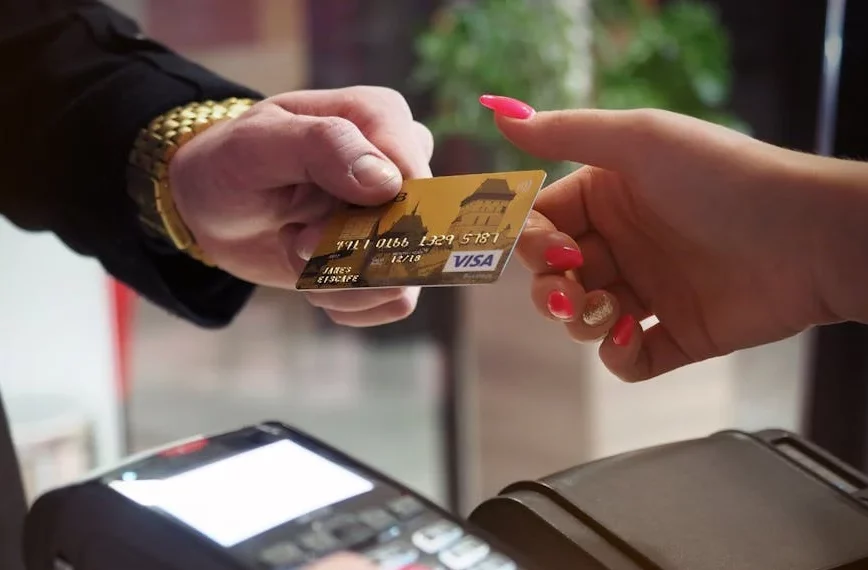As a small business owner, every dollar counts when it comes to maintaining your bottom line. Credit card fees can be one of those silent costs that quickly add up, affecting your profit margins. For some businesses, surcharging—a way to pass credit card processing fees directly to customers—might be a practical solution to reclaim lost revenue. But is surcharging right for you? Let’s explore what surcharging means, its benefits, potential drawbacks, and which business types can benefit the most. Here, you’ll find everything you need to understand the basics, navigate regulations, and implement surcharging successfully.
What Is Surcharging?
Surcharging is a practice where businesses add a small fee to a customer’s total when they choose to pay with a credit card. This fee helps to offset the processing costs associated with credit card transactions. Rather than absorbing the cost, businesses can pass it to the customer. The surcharge amount typically ranges from 1.5% to 3%, depending on local regulations and processor terms
Pros of Surcharging for Small Businesses
- Increase Profit Margins: By passing credit card fees to customers, you keep more of each sale, increasing your profit.
- Improve Cash Flow: Reduced processing fees can lead to better cash flow, particularly for high-volume businesses.
- Customer Awareness: Surcharging can make customers more conscious of the hidden costs of credit card payments, potentially encouraging cash payments.
Cons of Surcharging
- Customer Reaction: Some customers may feel dissatisfied with additional fees and opt for competitors who don’t surcharge.
- Compliance Complexity: Surcharging is not allowed in every state, and it must follow specific guidelines to remain compliant with credit card network rules.
- Limits on Payment Types: Debit cards are generally excluded from surcharging, so businesses can only apply this fee to credit card payments.
Best Businesses for Surcharging
Surcharging can be especially beneficial for businesses where:
- High Ticket Items Are Common: Retailers, auto repair shops, and professional service providers with higher ticket prices may benefit most, as they feel the impact of credit card fees more acutely.
- High Credit Card Payment Volume: Businesses like restaurants or convenience stores that experience a high volume of credit card transactions can see significant savings.
- Transparent Customer Interactions: Businesses that build strong relationships with customers can often surcharge without significant negative reactions.
Is Surcharging Right for Your Small Business?
Surcharging is an effective solution for businesses that want to keep more revenue by offsetting credit card processing fees. However, it’s essential to approach surcharging with transparency and a clear understanding of legal requirements. If you’re ready to explore surcharging, our team is here to help you navigate the setup and compliance details to get started smoothly.
For more information, call us at 801-931-0111 or email us at support@epayment.one. Our experts can guide you through implementing surcharging for your business.
Considering surcharging to manage credit card processing fees? We understand that implementing surcharging may raise a few questions. To help you make informed decisions, we’ve compiled answers to some of the most frequently asked questions about surcharging in our Knowledge Base section — Your Surcharging Questions Answered: Common Questions for Small Business Owners






